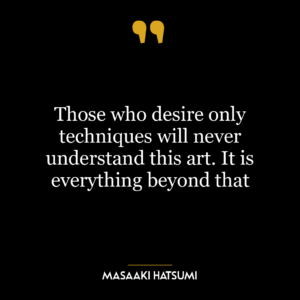The quote encapsulates the essence of nihilism, a philosophical belief that life is without objective meaning, purpose, or intrinsic value. It suggests that nihilism is not just about rejecting or denying life’s meaning or value (despair and negation), but also about the active desire to reject or deny these things. It’s an active choice, a desire, not a passive state of being.
In simpler terms, it’s like saying that nihilism is not just about feeling hopeless and negating everything, but it’s also about wanting to feel hopeless and wanting to negate everything. It’s a conscious choice to embrace the void, to choose nothingness over somethingness.
The quote implies a sense of agency in the nihilist. It is not a passive surrender to despair and negation, but an active pursuit of these states. This perspective removes the victimhood often associated with nihilism and instead presents it as a deliberate and perhaps even empowering philosophical stance.
In today’s world, this quote can be applied in various ways. For instance, in the face of overwhelming global issues like climate change, political unrest, or pandemics, one might feel a sense of despair and negation. However, rather than being a passive response, this can be an active choice – a way to confront the harsh realities of the world head-on, rather than denying or escaping from them.
In terms of personal development, this quote can be seen as a call to take control of one’s own mindset and outlook on life. It suggests that even in the face of despair and negation, there is an element of choice and agency. This can be empowering, as it means that individuals have the power to shape their own perspectives and reactions to the world around them. Even if one chooses to embrace a nihilistic outlook, this is still a proactive stance, not a passive one.







